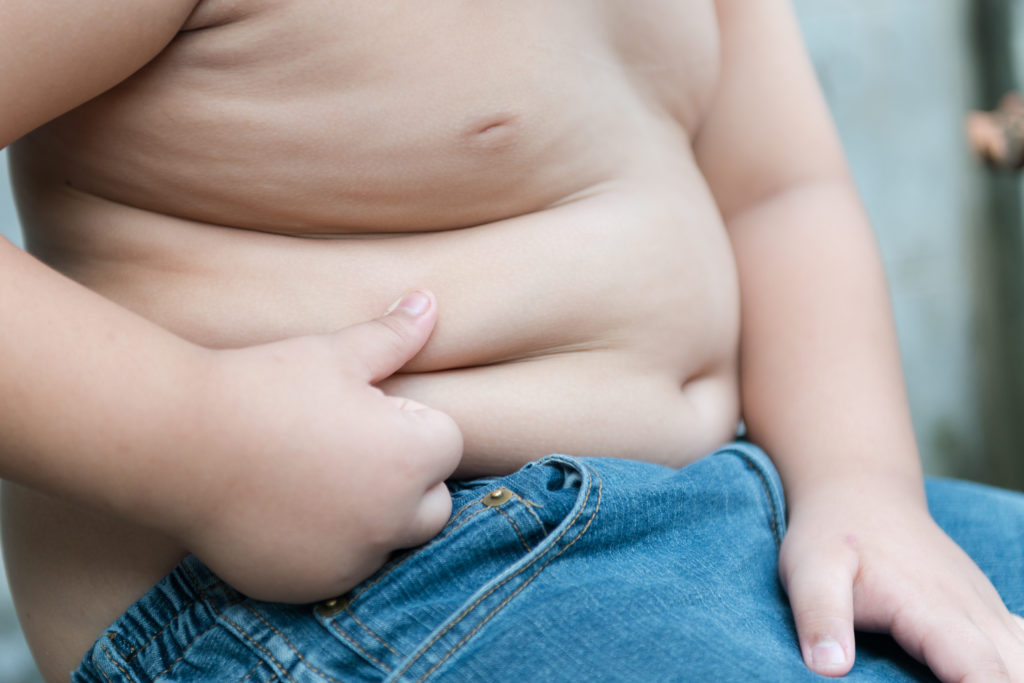Quick Hits
Daily brief research updates from the cognitive sciences

Before you panic – the conclusion in the title is based on research into mice not human beings – but there could potentially be some important insights for us human beings as well.
The researchers in a collaboration between the University of Tennessee Health Science Center (UTHSC) and the École Polytechnique Fédérale de Lausanne (EPFL) were looking for genetic markers of ageing to get a clearer insight into how genes influence ageing.
This was a large-scale study: first off, they analysed the genetic data from 27,574 mice studied each of which was a full sibling, sharing half its genetic inheritance with each other mouse in the program, and each has a known lifespan, making them an ideal system to study.
They then measured the genetic makeup of over 3’000 mice all of which were also brothers or sisters, sharing genetics. They were then allowed to live their natural lives. The genetics were then compared to their lifespans. With some intriguing results.
First off, they found that much of the difference was due to sex-based differences with females having a genetic stretch on chromosome three that seems to affect lifespans (making females live longer). So far nothing new to learn here. However, they also noted when they took those that died early out of the data that some genes seem to only become active or be influential after a certain age.
This is a bit of a surprise showing that there are genetic interactions that can last over a lifetime and not just from the starting genetic makeup.
What’s more they also discovered that mice who were larger as youngsters lived shorter lives. These larger mice came from smaller litters and therefore had more access to mother milk and grew more while younger – this negatively affected lifespan. Those who came from larger litters and therefore had more competition for food and less of it, and were hence smaller, liver longer lives.
This seems a pretty big deal – if this translates to human beings which it might well, it would mean that well-fed babies, who become larger children will live shorter lives. Oh dear! It goes against some logic i.e. that having plentiful nutrition in early years is critical for lifetime health.
However, there is a big difference between under nutrition, a healthy diet, and being overfed. Maybe this is something we should pay more attention to!

Andy Habermacher
Andy is author of leading brains Review, Neuroleadership, and multiple other books. He has been intensively involved in writing and research into neuroleadership and is considered one of Europe’s leading experts. He is also a well-known public speaker, speaking on the brain and human behaviour.
Andy is also a masters athlete (middle distance running) and competes regularly at international competitions (and holds a few national records in his age category).
References
Maroun Bou Sleiman, Suheeta Roy, Arwen W. Gao, Marie C. Sadler, Giacomo V. G. von Alvensleben, Hao Li, Saunak Sen, David E. Harrison, James F. Nelson, Randy Strong, Richard A. Miller, Zoltán Kutalik, Robert W. Williams, Johan Auwerx.
Sex- and age-dependent genetics of longevity in a heterogeneous mouse population.
Science, 2022; 377 (6614)
DOI: 10.1126/science.abo3191
More Quick Hits
Your brain on near-death experiences
Near-death experiences have fascinated many people ever since they have been reported. And these experiences guide our view of how we die: the memories of your life passing in front of your eyes, the tunnel of light, the floating movement towards a bright light....
Social networks grow your brain
The headline is a bit “click baity” but it is what a group of researchers found. To be more specific they found in macaques (cute monkeys) in the wild that having more grooming partners grew different regions of the brain. Grooming is the primate version of having a...
What do creative brains look like?
We’d probably all be happy to be a bit more creative — though research into our own opinions show that many people do actually consider themselves to be above average in creativity. An obvious self-bias. This is where scientists who study creativity come in and find...
New gender biases discovered
There have been many studies on gender biases, and I have followed, written, and spoken about many of these biases over the years (over a decade actually) but two studies have just come out that caught my eye. One out of New York University focused on gender natural...
Growth of your brain over your life
So, we all know that our brain grows very quickly as babies and children and then after a certain age, younger than some of us may like to think, there begins a slow decline. But precisely what and how is the question. Well, this is a question that an international...
How to reduce loneliness
I have reported multiple times on loneliness during the pandemic – mostly because interest and research into loneliness has taken a large uptick. I have also reported on how to combat this and was happy to see that a piece of research just out proved what I had...






